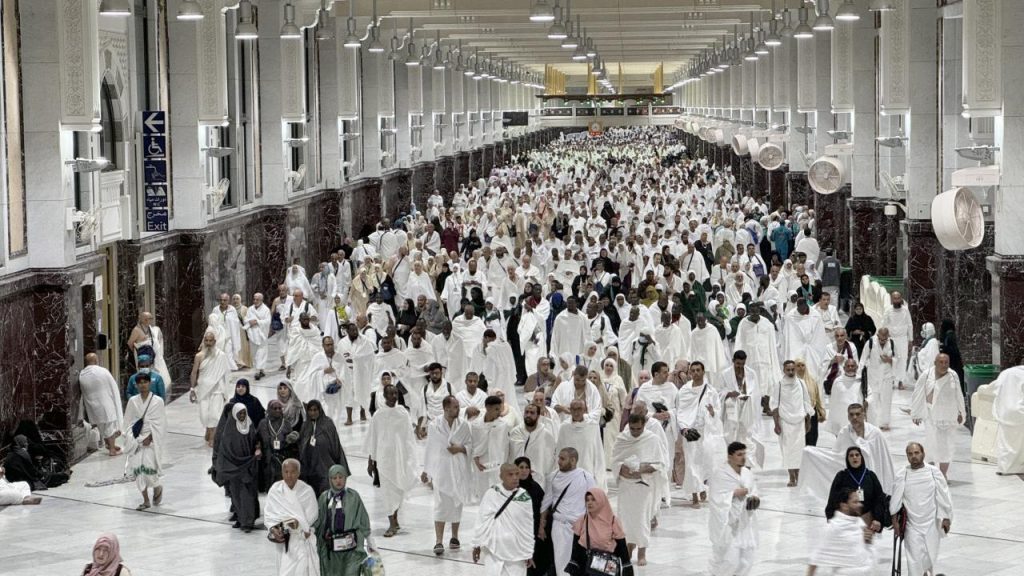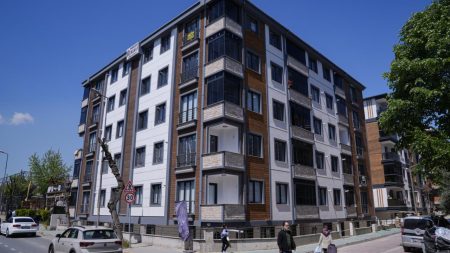The Director General of Religious Affairs Hajj and Umrah Services, Remzi Bircan, answered questions regarding the Hajj lottery, organization, and various allegations surrounding the topic. He mentioned that the 2024 Hajj organization will be completed after the stoning of the devil and farewell visits of the pilgrims, emphasizing the success of transporting 85,000 citizens from their hotels to Arafat and then to Muzdalifah within a few hours in an environment with nearly 3 million people.
Bircan highlighted that the Directorate of Religious Affairs operates within the scope of authority granted by the law for Hajj and Umrah arrangements, mentioning the existence of the “Inter-Ministerial Hajj and Umrah Board” as the decision-making body for Hajj and Umrah matters. The board, headed by the President of the Religious Affairs, consists of deputy ministers from 7 ministries, determining all aspects of Hajj from pricing to education, and from departure and return dates to distributed supplies.
Regarding the allocation of Hajj quotas, Bircan explained that since 1989, according to a decision made by the foreign ministers of Muslim countries in Amman, the quotas are determined based on the Muslim populations of each country, with each country receiving a quota equivalent to 0.1% of its Muslim population. For Turkey, with a population of 85 million, the quota has been updated to 85,000. He also provided statistics on annual applications for Hajj, which average around 200,000, with a waiting list of over 200,000 from previous years.
Bircan discussed the system used to determine Hajj pilgrims in Turkey, explaining the unique coefficient-lottery system in place. The system assigns coefficients to applicants based on the number of years they have been waiting, increasing their chances of being selected in the lottery. This system ensures fairness in selecting pilgrims, with the majority of pilgrims selected in the lottery from those who have been waiting since 2009, 2010, and 2011.
The Director General mentioned that the coefficient-lottery system of Turkey has received accolades from countries like Malaysia and Indonesia, who are looking to emulate a similar system. Bircan emphasized the transparency of the process, stating that claims of favoritism or VIP treatment in the lottery are baseless, as every applicant is treated equally. He dismissed allegations of misconduct in the selection process as attempts to tarnish the successful organization of Hajj.
Remzi Bircan condemned the attempt to discredit the Hajj organization through baseless allegations, referring to them as a smear campaign. He reiterated the commitment of the Directorate of Religious Affairs to uphold the rights of all pilgrims and ensure the integrity of the selection process. Bircan also mentioned that there are approximately 2.5 million individuals waiting for their turn to perform Hajj, with 60% of the quota managed by the Directorate of Religious Affairs and 40% allotted to qualified agents, who are closely monitored and subject to sanctions if necessary.














